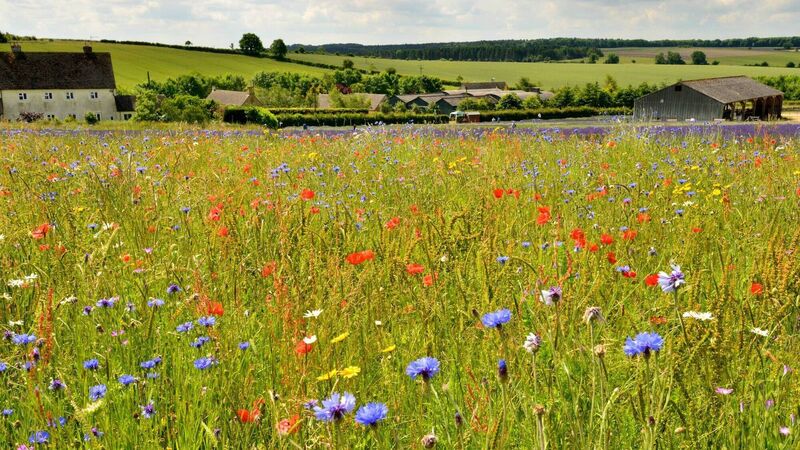Covid disruption has helped us reconnect with nature

THE disruption caused to normal living by the Covid-19 pandemic has helped people to reconnect with nature in their own gardens.
Observing birds that come and go through the changing seasons has become a distraction from the loss, isolation and worries that the virus has caused.













